Did you know that 71% of owners say that they enjoy owning a gun? Who wouldn’t? Especially if that gun is used for protection.
There are a lot of reasons that people own guns from safety to hunting to recreational shooting. Because there are so many reasons for gun ownership in the United States, there are different types of guns and various cleaning routines.
How often should you clean your gun?
If you are wondering this, you’ve come to the right place for answers. Keep reading to get the must-know details on gun cleaning routines.
How Often Should You Clean Your Gun?
If you are wondering, “How often should you clean your gun?”, the answer will depend on the purpose of your gun. There are different cleaning routines for each gun type.
Maintenance is a key part of owning a firearm. Regular, thorough cleaning can keep your firearm operating with ease and prevent common problems that occur in poorly maintained guns, such as safety and accuracy.
If you clean your gun on a routine basis, you won’t have as much residue buildup and tightly adhered particles that require scrubbing to get rid of. Frequent cleaning can also prevent premature wear and tear.
The best way to figure out how often you should clean your gun is by analyzing your shooting frequency and usage rates. You don’t need to add expensive maintenance costs to the bill when all you need is to clean and lubricate your firearm.
Concealed carry firearms might be the only thing saving you in a bad situation. You don’t want to take a chance of impacting accuracy and safety if your gun isn’t cleaned.
Always keep your gun clean if you want to be confident in its reliability. Maintenance is essential for those who carry their firearms daily, even if they don’t make it to the gun range as often as they’d like.
One of the most important elements of firearm maintenance is lubrication. Find the right balance between too much and too little based on your handgun size. Get to know your weapon to find that balance.
If you over-lubricate your gun without cleaning sessions in between, you’ll experience unwanted problems. However, under lubrication will always be worse for your gun.
What Does Cleaning Prevent?
Cleaning your gun often can prevent residual fouling buildup. This often happens in the barrel and can impact reliability and precision.
If there is enough residual buildup in the gun, you could end up with failure to fire problems. Even if you pull the trigger, the gun may fail to shoot a round.
Failure to feed can also cause a round to not leave the gun. This occurs when lubricant gets into places it shouldn’t be. If you over-oil your gun, the lubricant can find its way to areas that shift rounds from the magazine to the chamber.
Failure to eject involves the casing jamming in the chamber, not failure of the round leaving the gun.
Several different catalysts can also cause rusting in guns that might require expensive maintenance to get rid of.
Investing in gun cleaning supplies and taking the time to maintain your firearm can help you avoid these risks.
Appropriate Cleaning Routines
As we mentioned, the appropriate cleaning routine will depend on the different types of guns, but most importantly your usage rate and shooting frequency.
Now, we’ll discuss the best practices for cleaning the common types of firearms.
Conceal Carry Firearm
You should be deep cleaning and inspecting your concealed carry firearm about once a month. These defensive firearms aren’t used as frequently as other guns, so you don’t have to maintain them as often.
Carry firearms are susceptible to corrosion and rust since they aren’t exposed to harsh conditions. Although you should be deep cleaning your firearm about once a month, a simple clean every two weeks may also be beneficial.
During your monthly inspection, use your disassembly tools to inspect each part of the firearm to ensure there is no corrosion, rust, cracks, or breaks.
Hunting Firearm
While hunting, you might not frequently fire your rifle, but outdoor elements can dirty up your gun.
If you cover in the bushes, dirt can get inside your rifle. If you hunt in moist areas, the elements will affect your gun as well.
Having your firearm out in the rain or snow is typically cause for concern. Always clean your firearm immediately after exposing it to these elements.
If you are working with a historical rifle or firearm and use corrosive ammo, such as military surplus ammo, clean your rifle after every use. Shooting corrosive ammunition in any firearm can cause your gun to wear down faster.
Hunting rifles are long guns that will require more time to clean and maintain. Keep this in mind when making time to properly clean your rifle.
Target/Practice Gun
With target and practice guns, you won’t be facing as many damaging particles like moisture and dust, but you will likely be shooting way more often.
After firing off around 250-300 rounds, a quick cleaning will be beneficial. This can prevent carbon particles from building up inside your firearm and keep it in overall good shape.
When you hit the 3000 rounds mark, it’s time for a deep clean. Take the firearm apart and clean every component. The more thorough you are when cleaning your gun, the fewer parts you’ll need to replace in the long run.
To form extra protective layers on your firearm, add lubricating oils and rust protectors.
Generally, you should clean your gun after every visit to the shooting range.
Competition Firearm
Soot and combustion particles can build up in the shooting chamber of your gun, impacting your accuracy.
After each match, it’s important to clean your gun if you want a fresh start for the next match.
Primers in your ammo can leave behind salts when fired. If these salts mix with moisture in the air, you are left with corrosion that can internally damage your gun.
Stored Gun
If your gun is in storage, it still needs proper maintenance. You won’t have to clean a stored gun as often as you would the guns you use, but always keep an eye on them.
Proper storage can extend the life of your firearm, but even the best storage isn’t bulletproof. Dust and moisture will find their way into firearm storage cases and cause rust formation.
As a general rule of thumb, clean and lubricate stored firearms at least twice a year.
Best Way to Clean a Gun
Investing in a high-quality gun cleaning kit can help you keep your gun clean with ease. It’s important to always clean a gun in a safe, well-lit environment.
Practice gun safety by triple-checking that the gun is unloaded before cleaning. You can properly reload your gun once you finish cleaning it.
Gun manufacturers offer detailed cleaning instructions listed in the owner’s manual, so these instructions there are always a good starting point.
If you don’t have the owner’s manual handy, these steps can walk you through the process.
Begin by wiping down the gun with a dry, clean rag. You can use a toothbrush to remove grime and gunk that might be present. To clean the barrel, use a bore cleaning brush that matches the caliber of your gun.
Use a firearm solvent to help break up and dissolve any fouling. There are different types of solvents for dissolving copper, lead, and other types of fouling so make sure you are using the right one.
We’ve discussed the importance of properly lubricating your gun because it will help it move smoothly. Lubrication can lessen the risk of dealing with a jam when you are shooting your gun.
Only use lubricants that are designed for firearms. Other shooters may recommend using motor oil, but resist the urge to do so yourself. There are firearm lubricants for a reason!
For deeper cleans, you’ll want to disassemble your firearm and clean each piece thoroughly using these steps.
After finishing up your full cleaning routine, it’s time to store your firearm back in its proper case. A protective gun case will keep your gun clean, dry, and well-protected.
Although not every case is going to be 100% perfect, it’s still important to choose a pistol or rifle case that is water-tight and air-tight to prevent damage while the gun sits in storage.
Four in ten people say they live in a household where someone owns a gun. If you want to keep your firearm away from others, especially children, consider a lockable case.
Buying Guns That Last Through S&S Sales
Well-maintained firearms can last your entire lifetime with a proper cleaning routine.
So, how often should you clean your gun? The answer depends on your type of gun, usage rate, and shooting frequency.
Concealed carry guns should be cleaned about every two weeks and deep cleaned monthly. Always clean your gun after the shooting range or hunting. Stored guns don’t have to be cleaned as often, but they should still be cleaned twice a year.
Our professionals at S&S Sales can clean your firearms for you. Get a standard cleaning for just $20. Contact us today to get started.

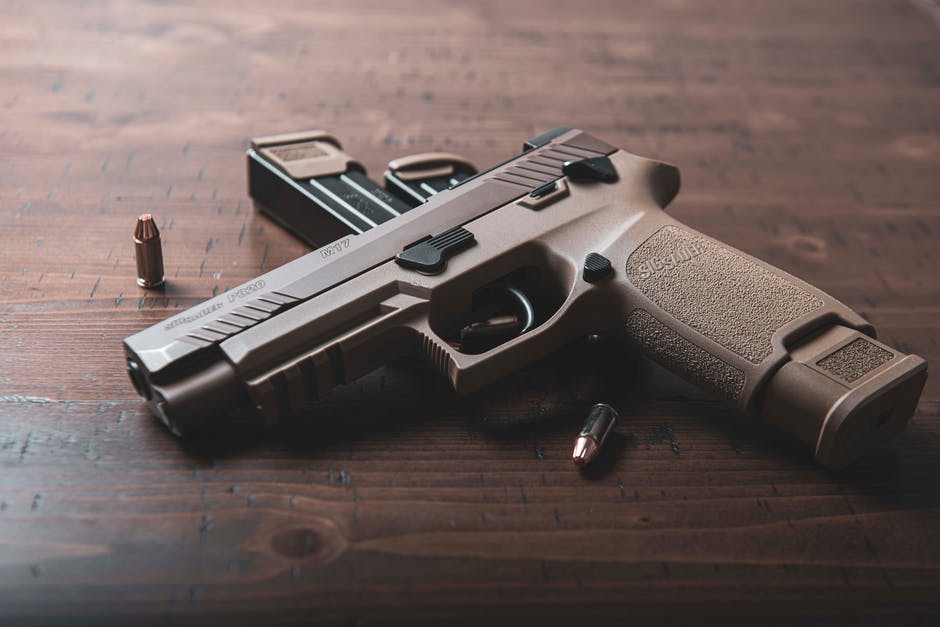
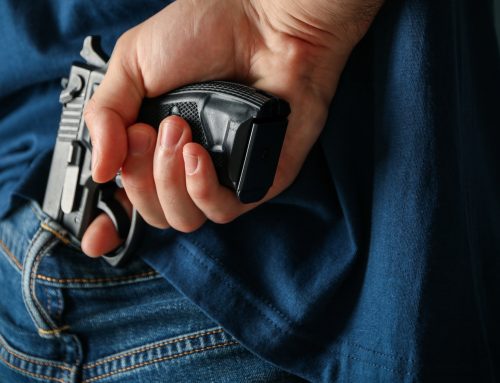
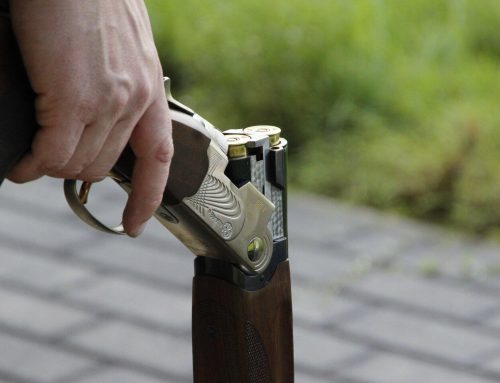
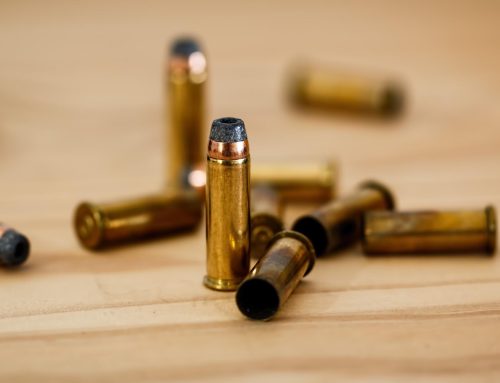
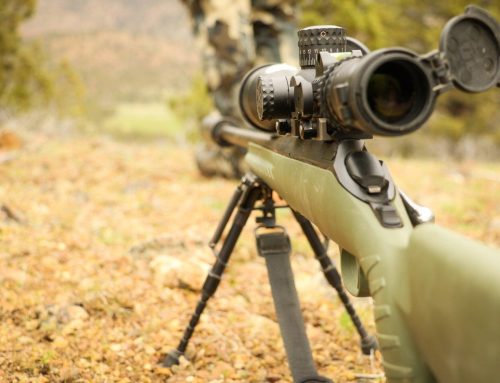
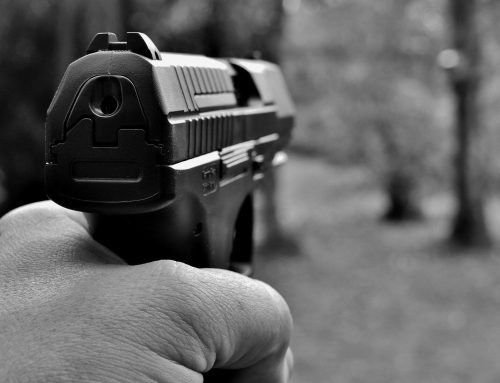
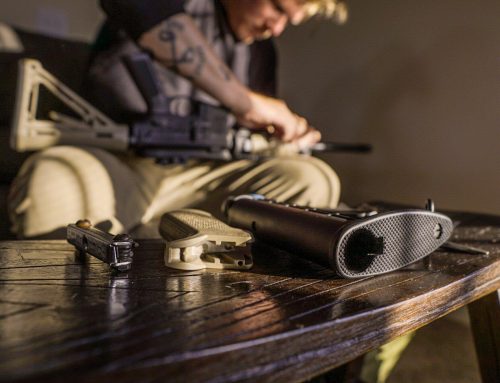
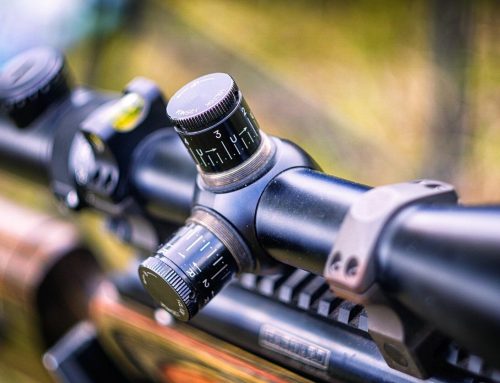
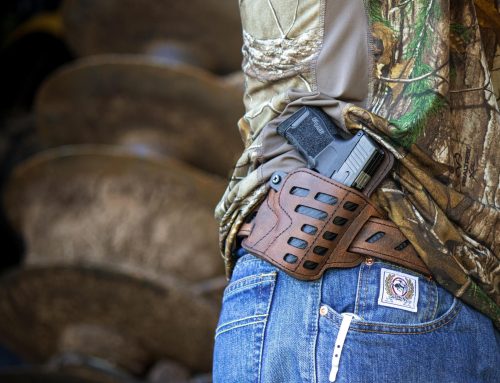
Leave A Comment